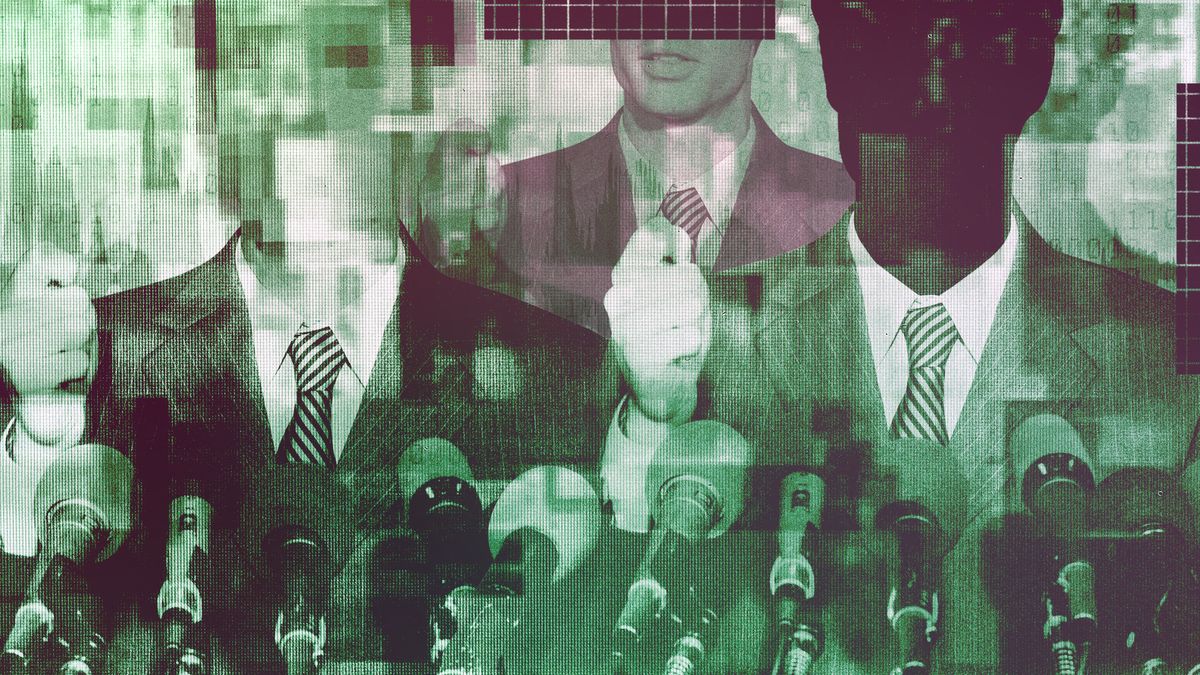Artificial intelligence is progressively permeating various sectors of society, with a significant impact expected on the upcoming presidential election. The Brookings Institution emphasized the revolutionary influence of AI-generated content on election campaigns in the United States, ushering in an era characterized by extensive digital content creation and dissemination.
In the realm of presidential campaigns and political advocacy groups, AI is being harnessed to influence public opinion. This was exemplified by a recent incident in New Hampshire, where an AI deep fake replicated President Joe Biden’s voice in a robocall. Such strategies have sparked debates regarding their legality and ethical ramifications, with instances like Pennsylvania congressional candidate Shamaine Daniels utilizing AI-generated campaign calling systems garnering widespread attention.
The approaching 2024 election is expected to witness the widespread adoption of advanced AI tools capable of swiftly generating convincing fabricated content. This technological progression has raised concerns about the proliferation of misinformation and manipulation, as underscored by experts like Oren Etzioni and election program directors such as Larry Norden.
The global impact of AI on elections has already been demonstrated, with cases of AI-generated audio recordings misleading voters in Slovakia. This pattern underscores the pressing necessity for protective measures against the dissemination of false information and the manipulation of voter perceptions through AI-driven narratives.
Despite the associated risks of employing AI in elections, there are advocates who see its potential for beneficial applications, particularly in developing highly personalized political campaigns that challenge conventional stereotypes and prejudices. Nevertheless, the prevailing consensus calls for strengthened regulatory frameworks to preserve the integrity of the electoral process and shield both voters and candidates from AI-induced interference and misinformation.
Election authorities are increasingly on alert, preparing for the surge of AI-induced misinformation and acknowledging the crucial importance of combating false narratives that jeopardize the bedrock of American democracy. Proactive initiatives to counter the influence of AI and disinformation are deemed indispensable in upholding the sanctity of the electoral system, as highlighted by figures like Colorado Secretary of State Jena Griswold.






